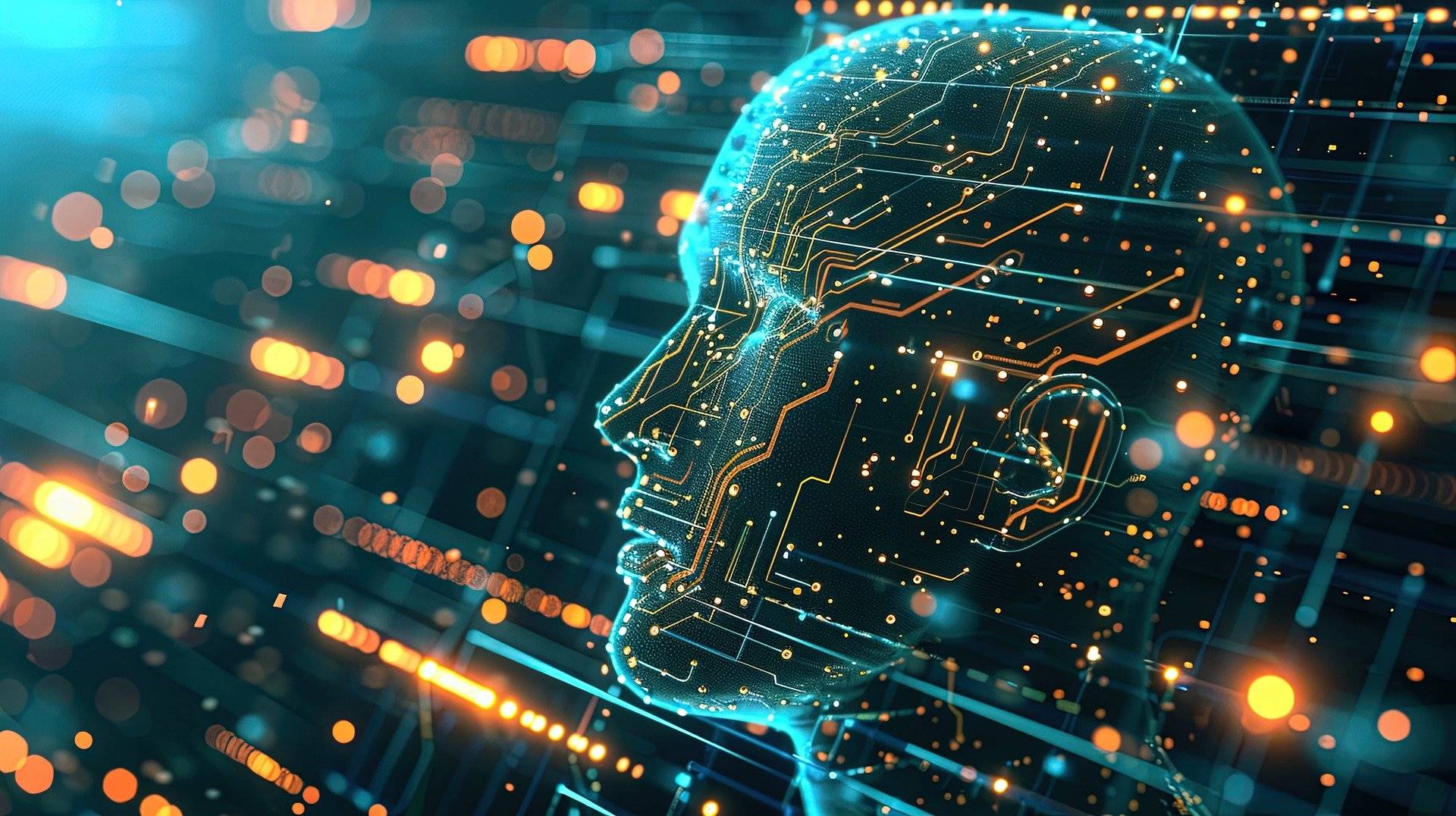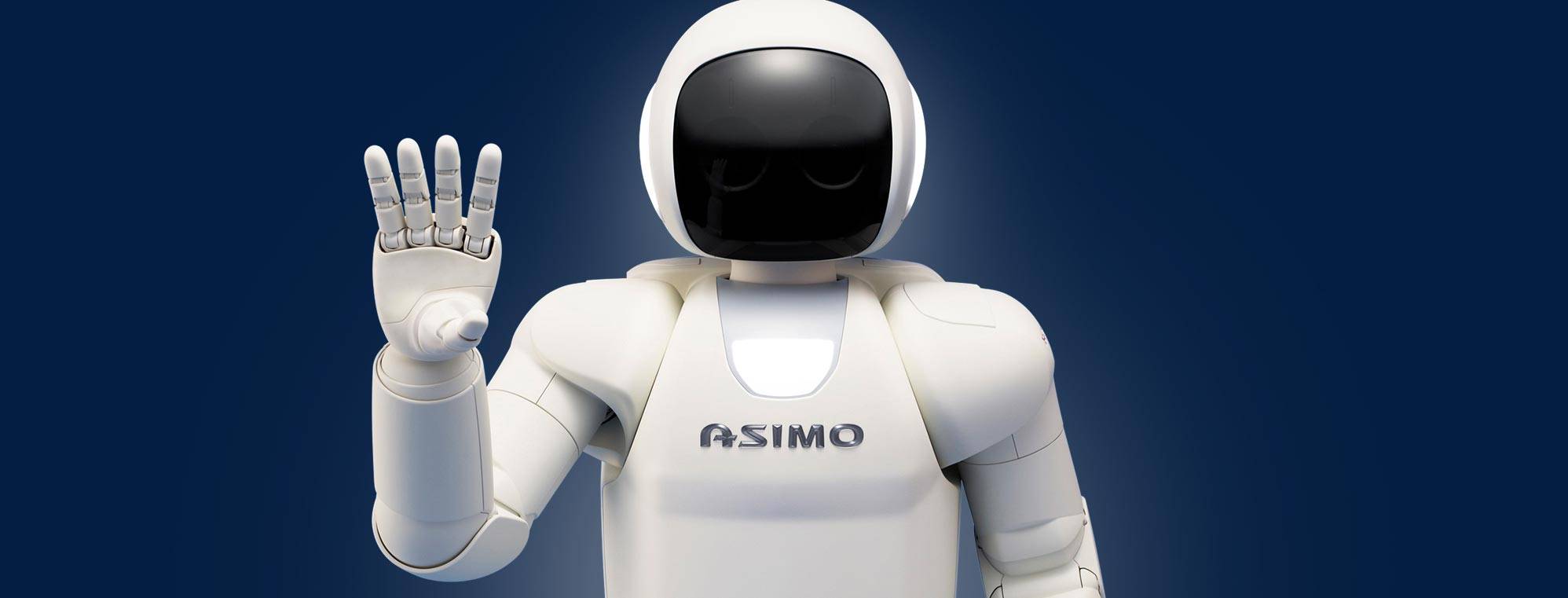What will I learn in the UDIT Master in Artificial Intelligence?
Artificial Intelligence (AI) is one of the most fascinating and impactful fields of our era, transforming sectors as diverse as medicine, engineering, education and the arts. At UDIT (University of Design, Innovation and Technology), we are aware of the huge demand for professionals specialised in AI, and that is why we have developed a Master in Artificial Intelligence with a comprehensive approach, providing our students with both the theoretical foundations and the practical skills demanded by the industry. In this article, we will explain why this master's degree is one of the best options for your future.
What will you learn in the UDIT Master's in Artificial Intelligence?
Artificial Intelligence encompasses the development of systems and machines capable of performing tasks that require human intelligence, such as voice recognition, decision-making and machine learning. AI is behind technologies we use in everyday life, such as virtual assistants, content recommendation systems and autonomous vehicles. Mastering it opens up an infinite range of opportunities to make inroads in various sectors of the global economy.
UDIT' s Master's in Artificial Intelligence is a one-year programme that aims to equip students with specialised knowledge and practical skills to work on real projects and offer innovative solutions in the field of technology.
Over four years you will acquire in-depth knowledge in key topics such as machine learning, natural language processing (NLP), computer vision, programming languages, recommender systems and data modelling techniques. This programme combines theory with practical applications, allowing students to gain experience in real projects and prepare them to solve complex challenges. In addition, this master's degree also addresses an ethical and sustainability perspective so that students understand the full implications of developing Artificial Intelligence solutions.
The Master in Artificial Intelligence offers a comprehensive training that combines a solid theoretical background with practical experiences in an innovative learning environment. Students have access to real projects, advanced technology and a network of renowned industry experts, allowing them to acquire not only technical knowledge, but also a strategic and ethical understanding of AI.
In addition, the programme includes internships in technology companies and the possibility of participating in collaborative projects with entities in the sector, facilitating direct job placement and enriching the learning experience.
Advanced training to boost your technological future
Through 11 modules you will learn about:
1. AI and its application in industry
From the beginning of the master's degree, our students acquire a deep understanding of what AI is, its different types (narrow AI and general AI), and its applications in today's job market. This first module allows students to learn about the fundamental principles of AI and the different approaches that exist to implement it, such as symbolic AI, rule-based AI, and AI based on neural networks and machine learning.
2. Machine learning
Machine learning is at the heart of many AI applications. At UDIT, our students learn the fundamental techniques and algorithms that allow machines to "learn" from data. Topics in this module include:
Linear and Logistic Regression: Basics of supervised learning.
Neural Networks and Deep Learning: Advanced techniques for complex pattern recognition.
Clustering and classification: Fundamentals for organising and categorising large volumes of data.
👇Clustering: what is it and what is it used for ?
Throughout the course, you will use tools such as TensorFlow and PyTorch, giving students hands-on experience in implementing machine learning algorithms.
3. Computer Vision
Computer vision is an ever-expanding field with applications in areas such as security, commerce and augmented reality. In this module, students learn techniques for systems to be able to process and interpret visual information. Topics such as object recognition, image analysis and pattern detection in video are addressed through practical exercises, so that students develop computer vision applications in real projects.
4. Natural Language Processing (NLP)
Natural language processing (NLP) enables machines to understand and interpret human language, with applications as diverse as chatbots, search engines and automatic translators. This module teaches students the fundamentals of computational linguistics and text analysis using NLP techniques, covering topics such as:
Tokenisation and lexical analysis: decomposing text into actionable items.
Language modelling: Creating word prediction systems.
Sentiment analysis: Understanding and classifying emotions in texts.
Students will use advanced tools such as NLTK and spaCy to build and train language models, and apply them to real text analysis projects.
5. Innovation and Entrepreneurship
This module allows students to explore how AI transforms business and how it can be integrated into different areas to optimise processes and improve decision-making. Topics such as predictive analytics, process automation and business intelligence (BI) are addressed.
6. Ethics and responsibility in AI
As AI becomes part of our daily lives, it is crucial to consider its ethical and legal implications. This module addresses issues such as data privacy, fairness in algorithms and inclusive design considerations in AI applications. Students analyse case studies and reflect on how to create fair and responsible systems, understanding the importance of respecting privacy and users' rights.
7. Real projects and internships in leading companies in the sector
At UDIT, we believe in the importance of our students having a practical experience that prepares them for the challenges of the working world. Therefore, the Master's in AI includes real projects and internships in technology companies, which allows our students to work side by side with experts in the sector, solve real problems and learn to face technical and organisational challenges in a professional context.
5 Benefits of studying the UDIT Master's in Artificial Intelligence
1. Comprehensive and up-to-date training
Our master's degree in AI is designed with a holistic approach, combining theory and practice in key topics in the field. In addition, we constantly update our programmes to ensure that the content is aligned with the latest trends and technological advances.
2. Faculty with expertise in the sector
We have a teaching team of professionals and experts in Artificial Intelligence, who offer our students a practical and up-to-date vision of the sector, and prepare them to work with the latest technologies and methodologies.
3. Cutting-edge technology
At UDIT, our students have access to advanced software and state-of-the-art equipment, such as industry-standard programming platforms and AI environments, ensuring that students can develop their skills in a quality environment.
4. Networking and Access to Career Opportunities
Thanks to our partnerships with leading companies, we offer students the possibility to connect with industry professionals and participate in internships that, in many cases, turn into employment opportunities upon completion of the programme.
5. Support in the Development of Innovative Projects
In the UDIT Master in AI, we encourage students to explore their own ideas and develop projects that not only showcase their technical skills, but also their capacity for innovation and creativity in the use of artificial intelligence.
👇 Why study a Master's in Artificial Intelligence?
Practical applications of AI: Where will you be able to work?
If you study a master's degree in Artificial Intelligence you will be able to work in sectors such as:
Healthcare: AI is transforming the healthcare sector through assisted diagnosis tools, medical image analysis systems and the development of personalised data-driven treatments.
Marketing and e-commerce: AI can personalise the customer experience, develop recommendation systems and optimise digital advertising by analysing user behaviour.
Financial industry: AI systems are essential for detecting fraud, managing risk and optimising investment decisions.
Automotive and transport: AI is applied in the development of autonomous vehicles and in transport and logistics route optimisation systems.
Agriculture: In the agricultural sector, AI is revolutionising agriculture through crop prediction, efficient use of resources and crop health monitoring.
Career opportunities after studying a Master's degree in Artificial Intelligence
Some of the career opportunities for graduates of the Master's in Artificial Intelligence are:
Machine Learning Engineer
This profile is focused on the creation and training of machine learning models. Key skills for this role include advanced programming (Python, R, Java), data management and knowledge in machine learning algorithms. ML engineers can work in technology companies, finance, and even academic research.
AI architect
They are in charge of designing the technological infrastructure that will support AI models, ensuring that solutions are scalable and efficient. Their work ranges from choosing tools to implementing AI platforms in the cloud, which involves knowledge of technologies such as AWS, Azure and Google Cloud.
Data Scientist
Data scientists collect, analyse and transform data into valuable information. In the realm of AI, they are responsible for building models that help businesses make informed decisions. This role requires proficiency in programming, advanced statistics and data modelling.
Natural Language Processing (NLP) Specialist
This is a field of AI focused on the interaction between computers and human language. NLP experts create systems such as virtual assistants, automatic translators and chatbots. For this profile, skills in NLP algorithms as well as in text analysis and programming are necessary.
Robotics Engineer
Robotics is a discipline that combines AI with engineering to design, build and operate autonomous robots. Robotics engineers with a background in AI are responsible for implementing algorithms that enable robots to perform tasks efficiently and autonomously. Learn more about UDIT's Human-Centered Robotics Degree.
👇 How much does an expert in Artificial Intelligence earn?
UDIT's Master's Degree in Artificial Intelligence offers you specialised and comprehensive training that prepares you to stand out in a constantly evolving sector. From machine learning to AI ethics, the programme covers all the areas necessary for you to develop a successful career and make a significant impact in the technological world.
Join us at UDIT and get ready to build the future through AI!
Learn more
Master in Artificial Intelligence
How much does an AI expert earn?









